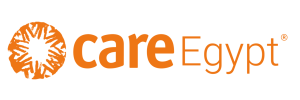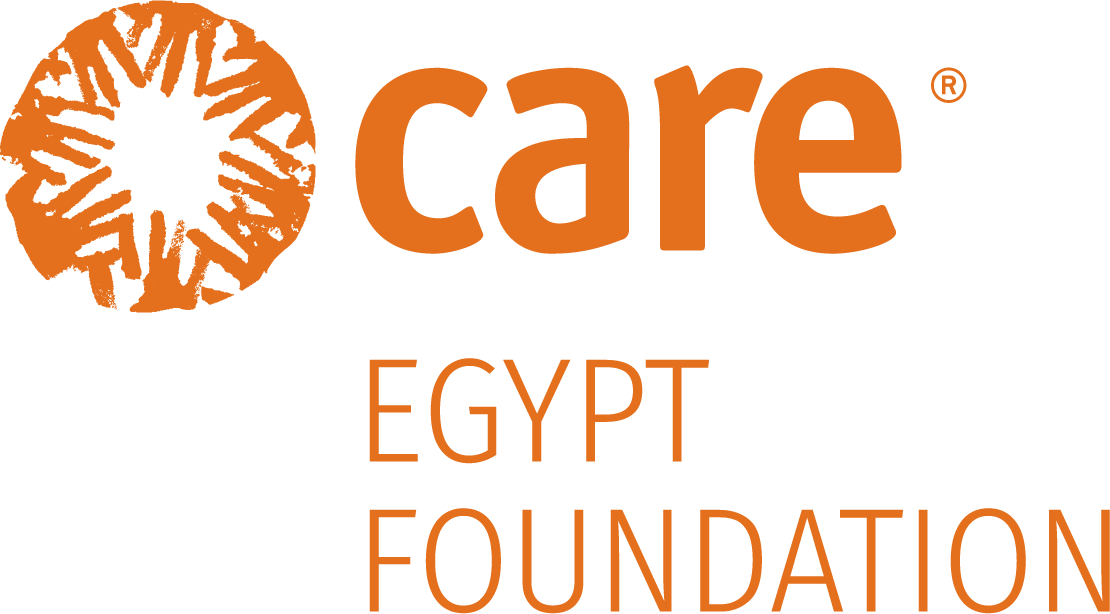لا يسهم تبطين المساقي في استخدام المياه بشكل أكثر كفاءة فحسب، بل يزيد أيضًا من إنتاجية الأراضي الزراعية. ومع ذلك، لم يكن تبطين المساقي شائعًا في مصر حتى وقت قريب. يخبرنا حمزاوي إبراهيم المزارع بقرية نزة قرار في محافظة أسيوط: “انتشر خبر تبطين المساقي في جميع أنحاء القرية.”
تتمثل المشكلات الرئيسية للمساقي الطينية في تسرب المياه وارتفاع تكاليف الوقود لماكينات رفع المياه وتطهير المساقي. ويوضح حمزاوي: “اعتدنا تطهير المساقي 4 مرات في الموسم بتكلفة 100
جنيه للفدان في كل مرة، بالإضافة إلى تكلفة الوقود والعمالة.”
تشغل المساقي الجديدة مساحة 1.20 متر مربع فقط بدلاً من المساقي القديمة التي كانت تشغل مساحة 5 أمتار، وتُستخدَم المساحة المتبقية في الزراعة. تعيش الثعابين والقوارض والبعوض والحشرات في المساقي الطينية وتتسبب في إهدار المحاصيل. يوفر تبطين المساقي الوقت والوقود المستهلك في ماكينات رفع المياه. يقول زكريا جابر المزارع بقرية نزة قرار: “ري الأرض بياخد ساعتين فقط، وده نص الوقت المستغرق قبل كده.” إن توفير الوقت والوقود يعني المزيد من العائدات والأرباح للمزارعين.
على الرغم من ندرة الموارد المائية، لا يزال معظم المزارعين يتبعون نفس تقنيات الزراعة القديمة. انطلاقًا من الإيمان بأهمية تطوير القطاع الزراعي باعتباره بوابة لتحقيق التنمية الاجتماعية والاقتصادية
في صعيد مصر، تقدم هيئة كير الدولية في مصر، من خلال مشروع حياة كريمة، نظما مبتكرة لرفع كفاءة الري والزراعة في صعيد مصر. قدم مشروع حياة كريمة المموَّل من الاتحاد الأوروبي والذي تنفذه هيئة كير مِنَحًا فرعية للتعاونيات وجمعيات المجتمع المدني المحلية لتبطين المساقي. تقول مروة حسين، مديرة برنامج الموارد الطبيعية والزراعية في كير مصر: “تبطين المساقي يساعد الآلاف من المزارعين على تقليل تكاليف الانتاج وزيادة المحاصيل وبالتالي زيادة انتاجية المزارعين لأعوام قادمة.”
يُعَّد حمزاوي وجيرانه مثالاً يحتذى به المزيد من المزارعين. يقول حمزاوي: “المزارعون شافوا مدى فايدة المساقي الجديدة وقرروا ينفذوا المساقي الجديدة عندهم.” كما عزز المزارعون النظام عن طريق إضافة باب للتحكم في تدفق المياه في المسقى ومنعه وقت الحاجة لذلك. ونتيجة لهذا التدخل أصبح المزيد من المزارعين الآن مهتمين بهذا النموذج.
وقدمت هيئة كير كيلومترًا واحدًا من المساقي المبطنة في القرية. يبرز حمزاوي الوضع الراهن قائلاً: “ما زلنا محتاجين 5 كيلومترات هنا في القرية، في حين مازال المزارعون في القرى المحيطة معندهمش مساقي مبطنة خالص.” بعد الانتهاء من المشروع قام المزارعون الذين يمتلكون قطعًا كبيرة من الأراضي بتبطين المساقي على نفقتهم الخاصة، بينما لا يستطيع صغار المزارعين تحمل التكاليف. ويضيف حمزاوي “نحتاج لمشاركة الجميع في النظام ده علشان نضمن فاعليته بنسبة 100%.”
ويقول زكريا: “نشكر هيئة كير والاتحاد الأوروبي على مساعدتنا ونتمنى رؤية المزيد من المساقي في القرية قريباً.”


